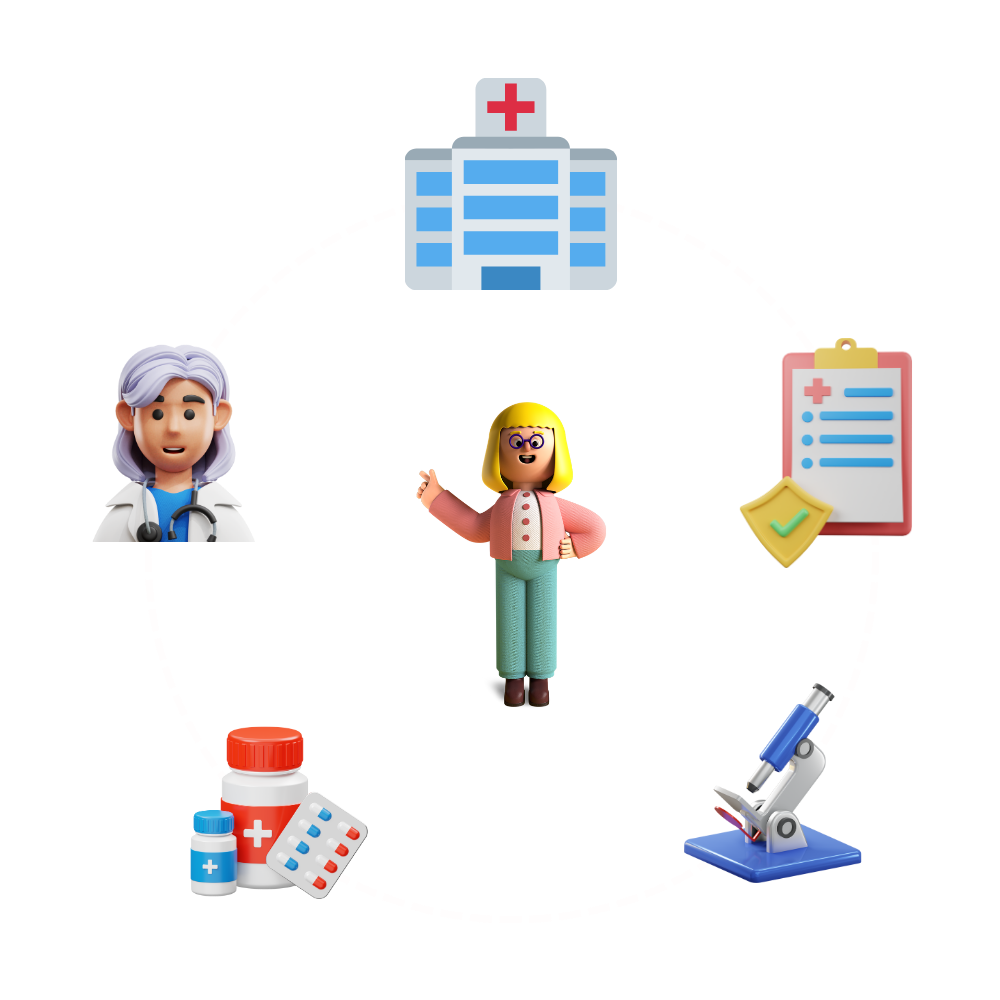A general physician, also known as a general practitioner (GP) or family medicine physician, is a primary care doctor who provides a wide range of medical services to patients of all ages. They focus on the diagnosis, treatment, and management of acute and chronic illnesses, as well as preventive care.
Some of the responsibilities of a general physician include:
- Performing physical exams and taking medical histories
- Ordering and interpreting diagnostic tests
- Prescribing medications and providing treatment plans
- Providing counseling on lifestyle changes and preventive care
- Managing chronic illnesses such as hypertension and diabetes
- Performing minor surgical procedures such as suturing and removal of cysts or skin tags
- Coordinating and referring patients to specialists when necessary
- Providing care for multiple comorbidities, which means they have more than one chronic illness.
General physicians often have a broad range of medical knowledge, and they are trained to handle a wide variety of health issues that may affect their patients. They are also equipped to provide care for the whole family, from infants to the elderly, and they can provide continuity of care over time. They play an important role in the primary care system, and many patients establish long-term relationships with their GP.
 Drlogy
Drlogy





